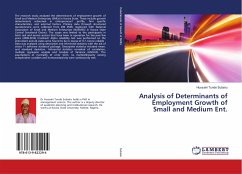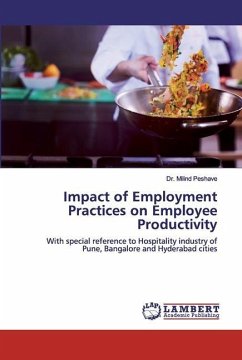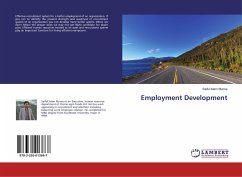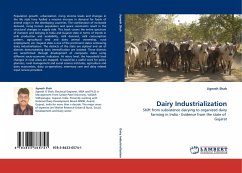Employee motivation is a deciding factor of the employee turnover as well as it helps organizations to design retention strategies. Over the years the Sri Lanka saw a sharp increase in the employment opportunities related to non government sector. They were able to attract more graduates and more professionals. There were some significant characteristics in non government sector that attracted them, mainly higher compensations and other material benefits. However, the engagement of non government organizations in Sri Lanka is now at a diminishing stage. There are many layoffs and these labour needs to be absorbed by either to the private or the government sector. However, employees will not be effectively absorbed unless they are motivated and made indifferent. Hence it is important to carefully identify that factors that motivated them to go for non government sector, so that equal motivation can be generated in the other sectors to attract them.
Bitte wählen Sie Ihr Anliegen aus.
Rechnungen
Retourenschein anfordern
Bestellstatus
Storno








